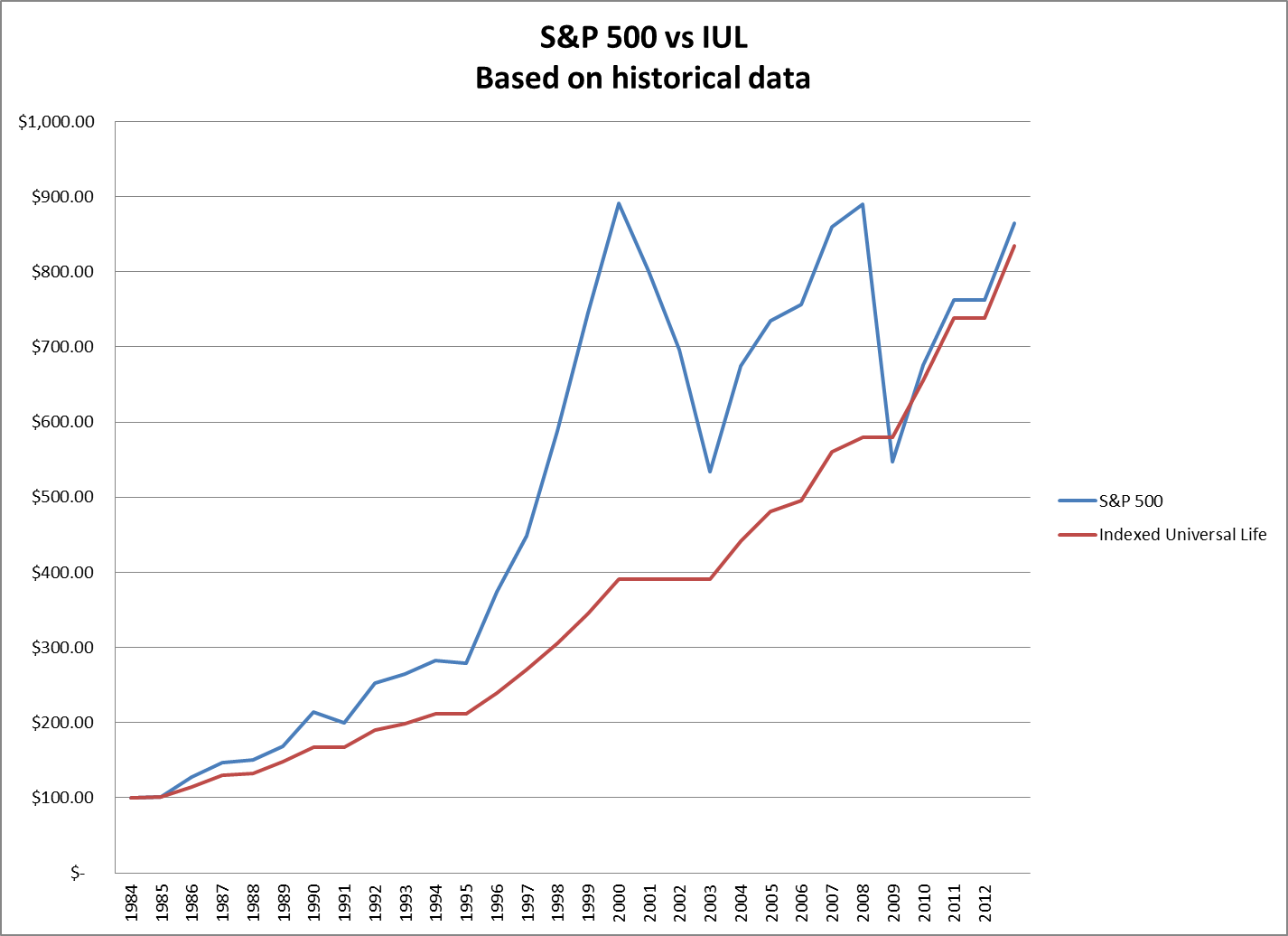Mutual Funds v Which I Prefer and Why @ Financial Ramblings
Post on: 6 Август, 2015 No Comment

by Michael on May 24, 2013 5 comments
The first exchange traded fund (ETF) was launched 20 years ago, in 1993. Since then, ETFs have gained a great deal of popularity.
So, if given the choice between an old school (open-end) mutual fund and an equivalent ETF, which would you choose and why?
Personally, I remain partial to mutual funds. Yes, we do have some ETFs in our portfolio but for ongoing investments, I always go with mutual funds. Curious as to why? Keep reading.
Before I unveil my reasoning, however, I thought it would be instructive to consider some of the key differences between mutual funds and ETFs.
Trade-ability
For starters, ETFs are traded throughout the day just like regular stocks. Thus, market prices fluctuate on an ongoing basis and you can get in and out of your position at the drop of a hat. In contrast, mutual funds are traded (and priced) just once per day, at the close of the market.
Because ETFs are traded like stocks. you can also use more specialized trading techniques with them. This includes limit and stop loss orders as well as short sales. In fact, you would be well-advised to use limit orders when trading ETFs to protect against disasters due to intraday volatility (flash crashes and the like).
Transaction costs
Due to their similarity to stocks, it should come as no surprised that you may face brokerage fees when trading ETFs. That being said, most major brokerages now offer a slate of commission-free ETFs, so its reasonable to think that youll be able to invest with ETFs without paying any commissions.
Operating costs
In very general terms (and ignoring transaction costs; see above), ETFs are cheaper to own than are equivalent mutual funds. Consider, for example, that Investor Shares of the Vanguard Total Stock Market Index Fund (VTSMX ) has an expense ratio of 0.17% vs. 0.05% for the ETF (VTI ).
That being said… Admiral Shares (available to those with balances of $10k or greater in a particular fund) erase this difference. Indeed, Admiral Shares of the Vanguard Total Stock Market Index Fund (VTSAX ) have an ETF-like expense ratio of 0.05%.
Tax efficiency
Though ETFs are often considered to be more tax efficient than traditional mutual funds, a quick look at the numbers reveals that this isnt always (or even often) the case. For example, returning to our total stock market comparison…

Based on data from Morningstar, the tax-cost ratio of the different share classes (Investor, Admiral, and ETF) is virtually identical. In fact, if anything, the traditional mutual funds come out (very) slightly ahead.
While Im sure you could find cases where the opposite is true, the differences are so small that its hardly worth worrying about.
Why I prefer mutual funds
So… Given the above, why do I prefer mutual funds? Mainly because they allow me to easily invest in round dollar amounts vs. having to buy multiples of whole shares.
The other differences between mutual funds and ETFs are (imho) either miniscule or irrelevant. The costs are basically the same and I dont really care about being able to trade in real time, so it really just comes down to convenience.
Of course, it doesnt have to be one or the other. Theres no reason you cant hold a combination of traditional mutual funds and ETFs. This is especially true if you have the option of converting between share classes, as we do with Vanguard.
In that case, you can accumulate shares using the mutual fund and then periodically convert (without tax consequences ) to the ETF share class. In our case, thats exactly what we did during a spate of tax loss harvesting a few years ago, resulting in a combination of share classes.
Even still, the vast majority of our holdings are in traditional mutual funds.














